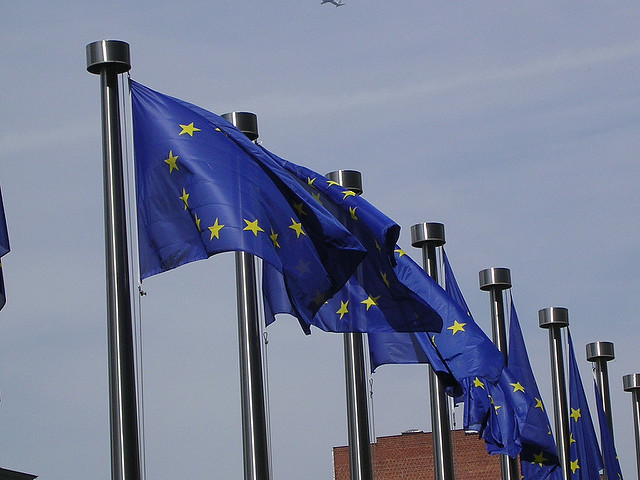
Intended to “kick start concrete projects”, the European Commission is set to allocate a further €200 million (US$235.53 million) towards supporting the scale-up of lithium battery manufacturing on the continent.
Under the “strategic work programme” Horizon 2020, the European Commission funds innovation and research in various areas, helping to coordinate the efforts of academics and industry and endowed with around €30 billion in total funding from the European Union.
Enjoy 12 months of exclusive analysis
- Regular insight and analysis of the industry’s biggest developments
- In-depth interviews with the industry’s leading figures
- Annual digital subscription to the PV Tech Power journal
- Discounts on Solar Media’s portfolio of events, in-person and virtual
The commission has already allocated €150 million to battery research and innovation and last week announced the significant top-up. The main thrust behind the extra cash for battery R&D is really in the electrification of transport, with the EC announcing the funding as part of its “Delivering on low emission mobility” document.
However, the document uses terms that encompass the use of batteries as stationary energy storage, both for integrating renewable energy and as a grid asset in their own right. It describes the “transition to a modern and low-carbon economy” as a political priority for Europe and repeatedly says that tackling climate change and air pollution comes with the added benefits of creating jobs and sustainable industries.
The European Commission wants to prepare good conditions and incentives to create a globally competitive, innovative growing industry and employment opportunities around low carbon mobility. At the same time these innovative technologies should be scaled to be “clean, accessible and affordable for all”, the EC said.
While it will introduce specific measures for mobility such as CO2 standards, tenders for clean fleet vehicle contracts and ways for drivers to compare fuel prices easily, the EC said the battery initiative is of “particular strategic importance” to ensure European industry remains competitive.
Volumes of batteries demanded in Europe are predicted to rise significantly, with the EC quoting the work of JRC Science for Policy Support, which forecast demand for lithium-ion batteries to reach 210 to 535GWh by 2025, from 78GWh in the present day worldwide. In Europe, JRC Science for Policy Support said demand could range from 37GWh to 117GWh by 2025, from less than 10GWh annual demand presently.
“From an industrial perspective, the growth in demand will require major investments in the battery value chain between now and 2025, including a massive upscale of battery cell manufacturing,” the EC “Delivering on low emission mobility” paper said.
“We are therefore presented with a clear opportunity for Europe to attract investments along the value chain to the EU. Europe therefore needs to urgently take decisive steps towards establishing a complete value-chain for the development and manufacturing of advanced batteries in the EU.”
The EC said this should apply to the whole value chain and all stages of the battery lifecycle. This would include reuse and recycling, as well as increased efficiency in use of resources and raw materials. According to the commission, it would be difficult or a mistake for individual nations to take on this task in a “fragmented manner” and is a challenge that requires a Europe-wide approach.
This summer, the UK, which of course is leaving the EU sometime in the next two years, set up the Faraday Challenge, putting £246 million (US$320 million) towards research, innovation and scale-up principles for batteries.






